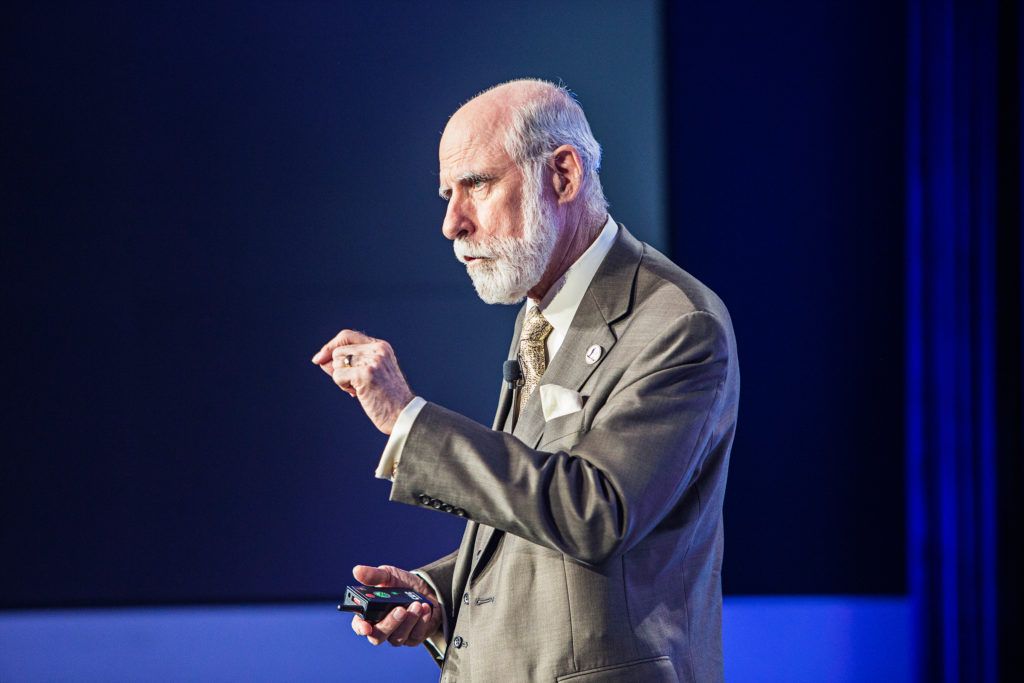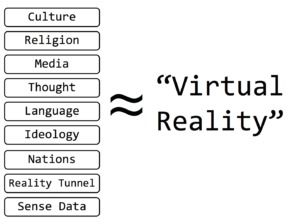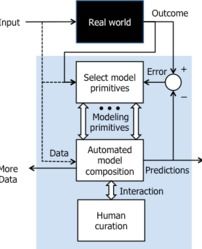Jul 2, 2016
Capitalizing on foundations of innovation
Posted by Karen Hurst in categories: computing, economics, government, internet
Like the USPS; could we see a day when DARPA and IARPA positioned to be revenue generators like big tech? Granted these 2 programs are tax payer funded; however, so is USPS. One option is to for a contracted service fee; could DARPA &/ or IARPA charge fees to tech companies and others for using their technologies?
Two of the most important technological advances that helped fueled much of the country’s record economic growth in the post-WW II era were ubiquitous computing devices and modern communications technologies.
Indeed, most of the companies covered on TechCrunch certainly would not exist if not for the development and commercialization of microprocessors and the internet.
Continue reading “Capitalizing on foundations of innovation” »


















